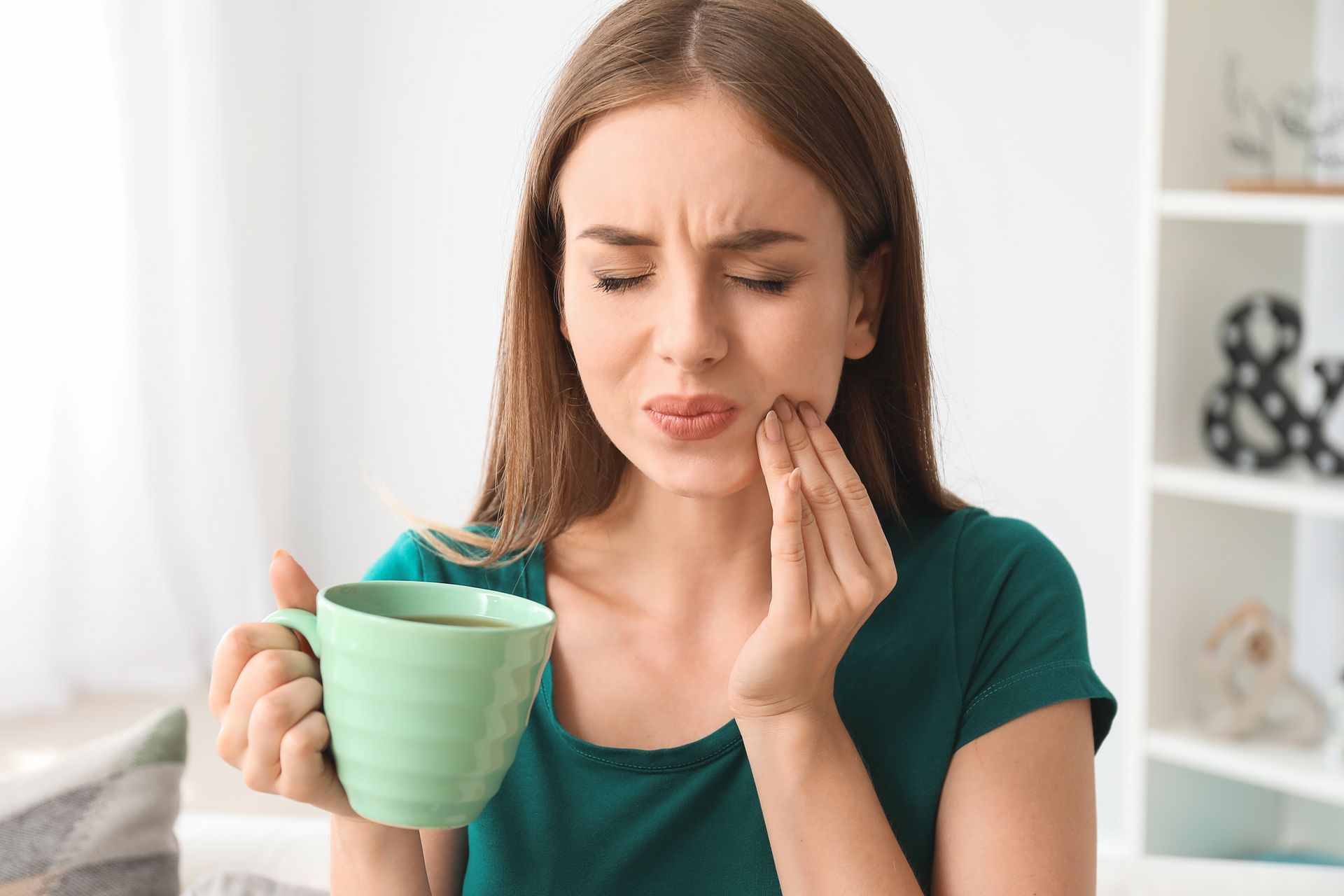Mastering Essential Dental Care Tips for Seniors at Aria Dental of Annapolis
As we age, taking care of our oral health becomes increasingly important. Seniors face unique dental challenges due to factors such as gum recession, tooth sensitivity, and dry mouth. However, with proper attention and care, many of these issues can be prevented or managed effectively. At Aria Dental of Annapolis, we are committed to providing gentle, family-oriented dental care for individuals of all ages, including seniors in our Annapolis, MD community. In this blog post, we'll explore essential dental care tips to help seniors maintain optimal oral health and enjoy a radiant smile as they age. We will also discuss the various dental treatments and services we offer to ensure that our older patients receive the best possible care for their unique dental needs.
For seniors, maintaining optimal oral health involves both daily at-home care and regular dental check-ups and treatments. Dental care strategies for seniors should focus on mitigating the various age-related dental issues and keeping teeth and gums healthy and strong.
By implementing the tips and suggestions provided in this article, seniors can establish an effective oral care routine tailored to their unique needs, ensuring that their smiles remain healthy and vibrant throughout their golden years. At Aria Dental of Annapolis, our experienced team is dedicated to helping seniors in the Annapolis community achieve and maintain optimal oral health and enjoy the benefits of a beautiful, functional smile.
Mastering Essential Dental Care Tips for Seniors at Aria Dental of Annapolis
Daily Oral Care Habits
Establishing a robust daily oral care routine is vital for maintaining optimal dental health as you age. For seniors, this routine should consist of the following essential practices:
1. Brushing: Brush your teeth at least twice a day for two minutes each time, using a soft-bristled toothbrush and fluoride toothpaste. As you age, you may experience a decline in manual dexterity, making it harder to brush effectively. In such cases, consider investing in an electric toothbrush, which can make the task of brushing easier and more efficient.
2. Flossing: Floss at least once a day to remove plaque and trapped food particles from between your teeth and along the gum line. If you find traditional floss difficult to use, try using a floss pick or water flosser for easier access to hard-to-reach areas.
3. Using the Right Toothpaste: Choose a toothpaste formulated with fluoride and designed to address common dental issues specific to seniors, such as sensitivity and gum health.
4. Mouthwash: Rinsing with an alcohol-free, antimicrobial mouthwash daily can help reduce bacteria and alleviate dry mouth symptoms, which are common among older adults. Ask us for a recommendation based on your specific oral care needs.
Addressing Age-Related Dental Concerns
Seniors often face specific dental challenges that require special attention. Some common age-related dental concerns include:
1. Gum Recession: As you age, your gums may recede, exposing the sensitive roots of your teeth and increasing the risk of tooth decay. Maintaining proper oral hygiene and visiting us for regular dental check-ups can help prevent gum recession and protect your teeth.
2. Tooth Sensitivity: Tooth sensitivity can become more prevalent as you age due to factors such as gum recession and enamel erosion. Using a toothpaste designed for sensitive teeth and avoiding acidic foods and beverages can help alleviate sensitivity. Be sure to mention any sensitivity issues during your dental check-ups so we can recommend appropriate treatments.
3. Dry Mouth: Many seniors experience dry mouth as a side effect of certain medications or medical conditions. Drinking plenty of water, using a humidifier, and chewing sugar-free gum can help stimulate saliva production to combat dry mouth symptoms. We can also recommend specialized products to alleviate dry mouth if necessary.
Importance of Regular Dental Check-ups
Regular dental check-ups are crucial for maintaining your oral health as you age. These visits allow us to:
1. Detect and treat dental issues early: Regular dental examinations can help us identify and address potential dental problems before they develop into more severe issues, reducing the need for costly and invasive treatments.
2. Screen for oral cancer: As you age, your risk of developing oral cancer increases. Regular oral cancer screenings are essential for early detection and prompt treatment.
3. Evaluate the health of your gums: Gum disease is pervasive among older adults and can lead to tooth loss if left untreated. We can assess the health of your gums during your check-ups and suggest appropriate treatments if necessary.
4. Professionally clean your teeth: Despite maintaining good daily oral hygiene practices, plaque and tartar can still accumulate over time. Regular dental cleanings help remove these deposits, keeping your teeth and gums healthy.
Dental Services for Seniors at Aria Dental of Annapolis
At Aria Dental of Annapolis, we cater to the unique dental needs of seniors, providing a suite of dental services that address age-related concerns, including:
1. Preventive Dentistry: Our preventive services, such as dental cleanings and examinations, help seniors maintain their overall oral health and avoid future dental complications.
2. Restorative Dentistry: We offer various restorative treatments, like dental implants, dentures, and crowns, to address tooth loss and other dental issues specific to seniors.
3. Cosmetic Dentistry: Our cosmetic dental treatments, such as teeth whitening and veneers, can help rejuvenate the appearance of your smile, improving your self-confidence and overall quality of life.
4. Periodontics: We provide specialized periodontal care for seniors suffering from gum disease, working to improve their oral health and overall well-being.
Conclusion
Embracing effective
Annapolis dental care habits and seeking professional dental care tailored to your needs are critical for maintaining optimal oral health throughout your senior years. At Aria Dental of Annapolis, we are dedicated to helping seniors in the Annapolis community enjoy healthy, beautiful smiles as they age. Don't wait to prioritize your oral health – schedule an appointment with us today to discuss your dental care needs and start your journey toward a brighter, more confident smile.



Share This Post

